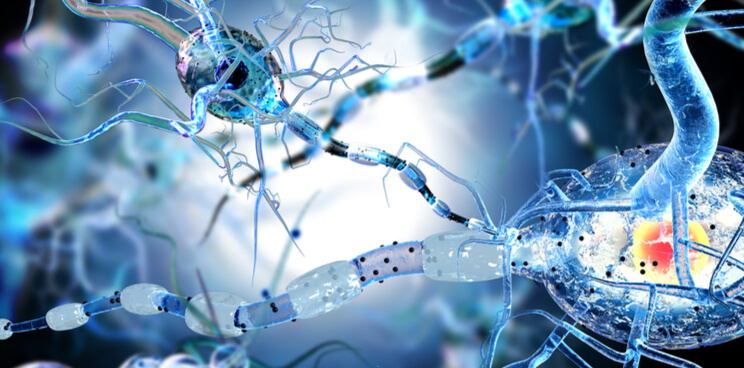Newsletter Signup - Under Article / In Page
"*" indicates required fields
The FDA has awarded Hansa Medical’s lead candidate for the treatment of an autoimmune disease with Orphan Drug Designation, which will support its journey through clinical development.
Swedish biotech, Hansa Medical, develops enzymes that can help to control the immune system for transplantations and the treatment of autoimmune diseases. The company’s lead candidate, IdeS, has been awarded the FDA’s Orphan Drug Designation for the treatment of Guillain-Barré syndrome, a rare autoimmune disease that affects 1 in 100,000 people. However, this exciting news hasn’t had the desired effect on the biotech’s stock price, with a small drop by around 0.7% observed.
IdeS is an enzyme derived from Streptococcus pyogenes that quickly removes IgG antibodies. The candidate was originally developed to enable kidney transplants in sensitized patients that couldn’t undergo the procedure. IdeS significantly reduced antibody levels during a Phase II study to allow transplantation to go ahead. The company is now eying up autoimmune diseases, with Guillain-Barré syndrome its first target.
Multiple sclerosis is another autoimmune disease of the nervous system that receives a lot more attention. Perhaps the likes of Rewind, GeNeuro, and TxCell, whose CEO Stephane Boissel told Clara how CAR-T could help to treat autoimmune diseases, could adapt their technology to the rare condition.
Images – Ralwel / shutterstock.com






